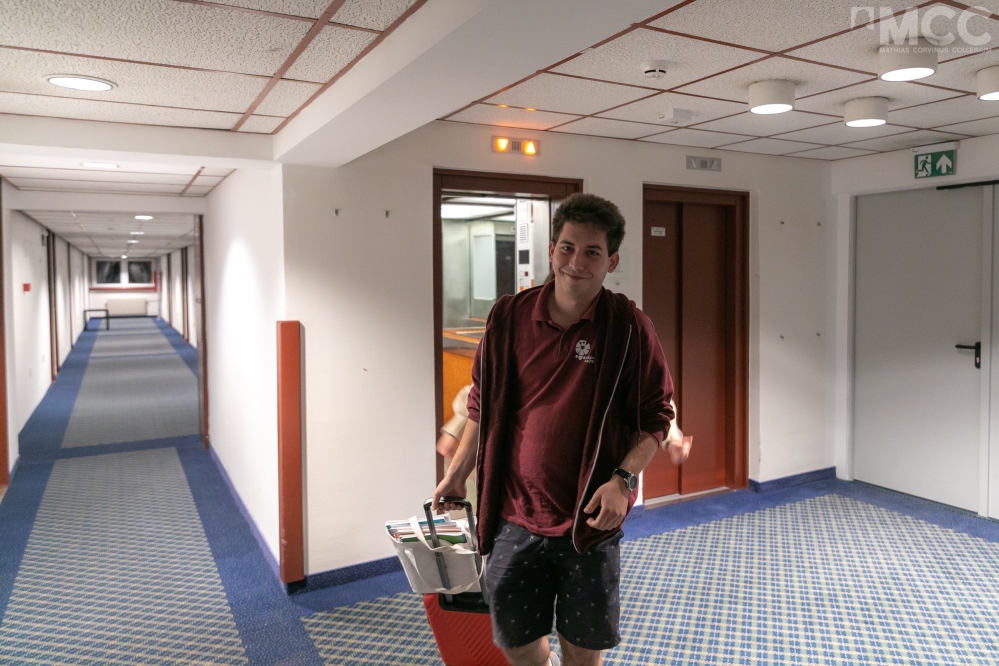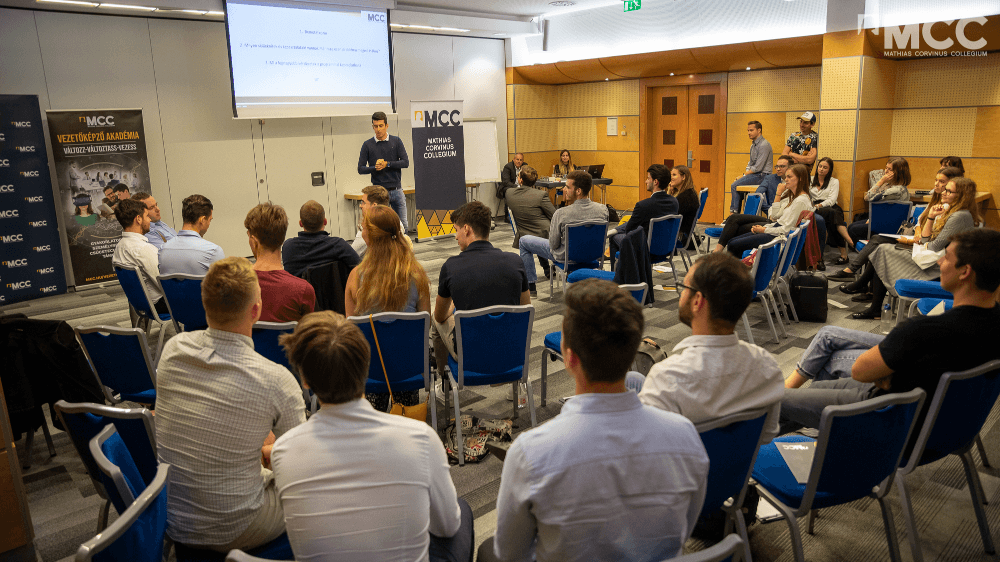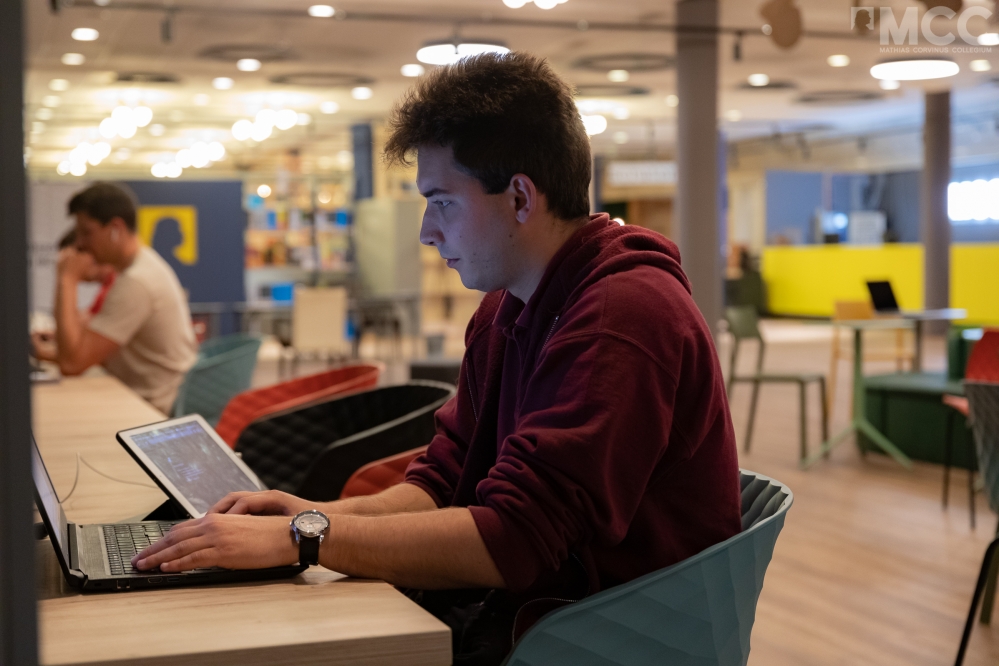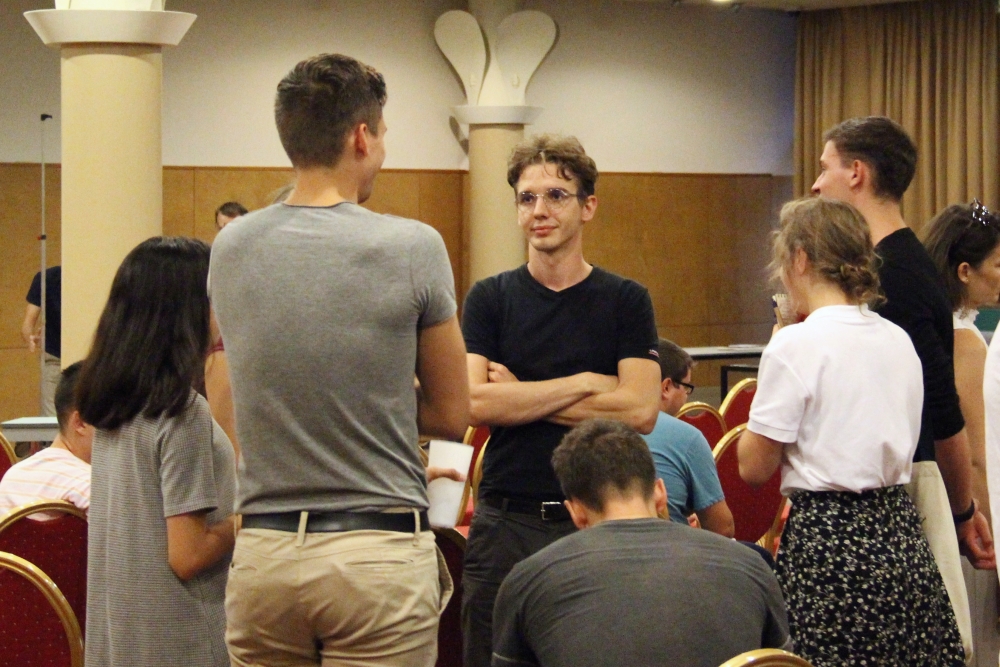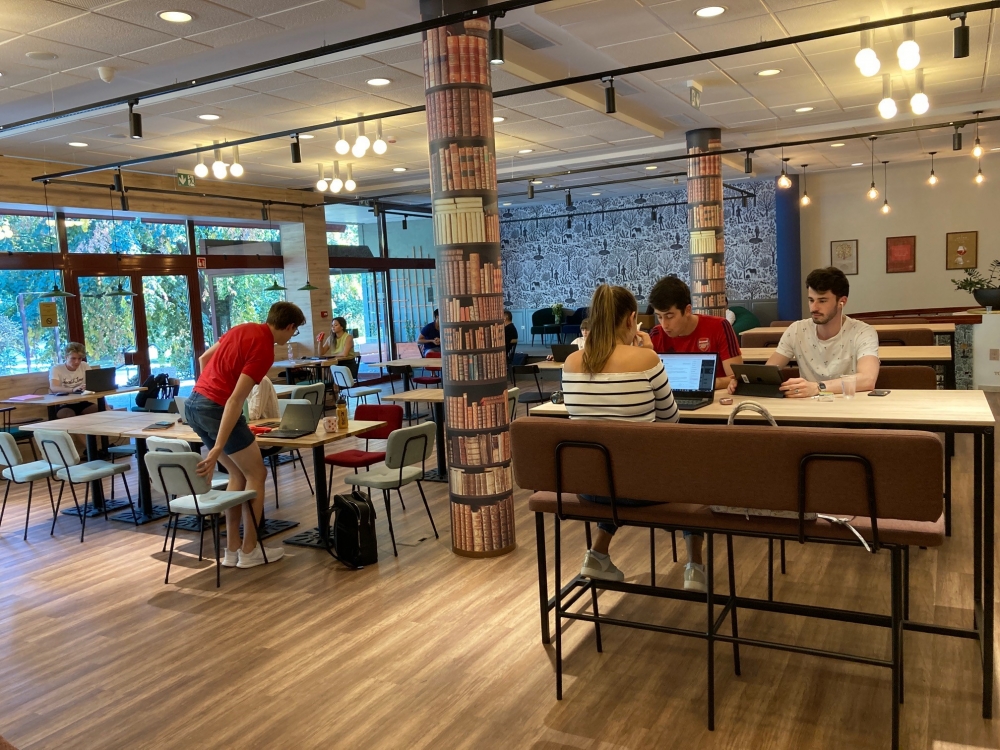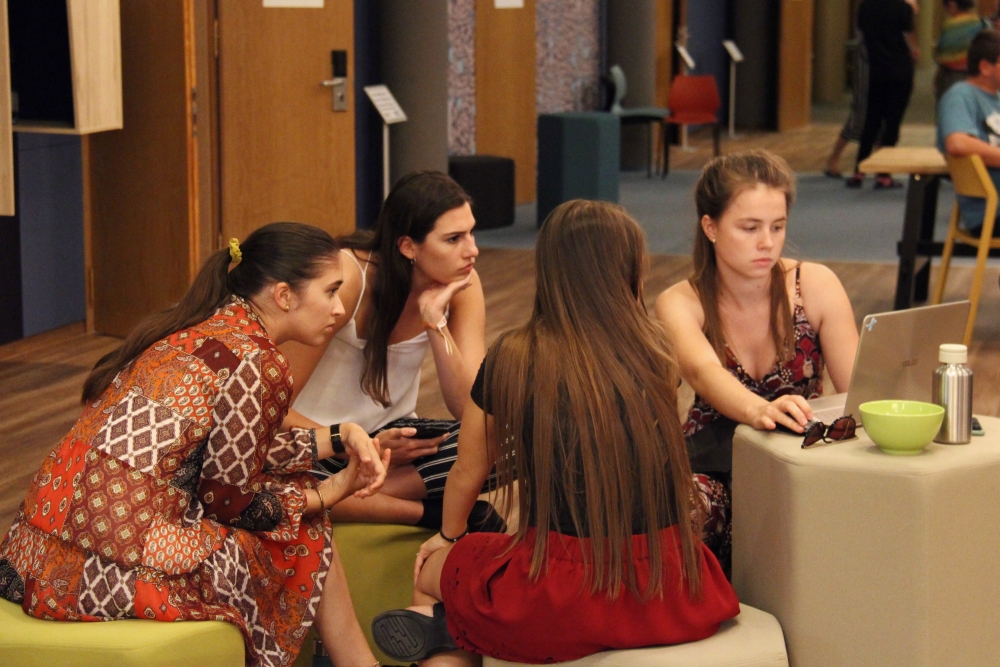Reading time: 4 minutes
The interest in Mathias Corvinus Collegium's (MCC) unique training programs is growing: the talent development center starts the new academic year with more than 3,700 students. The expansion of the Foundation has been significant also in geographical terms. MCC programs are now available in 23 cities across the Carpathian Basin. In the academic year 2021/2022, several new teachers and lecturers from home and abroad will join MCC to help students who are willing to act for their future and as well as the nation.
Supporting our talents, our most valuable national resource is a mission that will determine the destiny of all Hungarians in the 21st century. Mathias Corvinus Collegium (MCC) has been serving this mission for more than 25 years. The aim of the foundation is to enable students to start their journey to adulthood with a sound knowledge base, a broad horizon and responsible choices. In addition to the primary mission of talent development, the foundation also focuses on value preservation. MCC contributes to the preservation of Hungary's built heritage by renovating neglected or disused properties, many of which have a centuries-old history, and turning them into regional centers. Both the commitment to talent development and value preservation serve the complex goal of creating a talent development network for all Hungarians.
This year, more than 3,700 young people will start the academic year at MCC. Our institution provides development opportunities for 1125 talented young people in the Young Talent Program (FIT), 2254 students in the High School Program (KP) and 331 students in the University Programs (EP). MCC has grown significantly this year, not only in terms of the number of students but also in the number of its regional centers. From this autumn, the Foundation's unique programs are available in 14 cities and towns in Hungary and 9 Hungarian inhabited settlements outside Hungary, with a total number of 23 towns in the Carpathian Basin where the MCC talent development programs are available. As far as the centers in Hungary are concerned, the full range of the MCC training programs is now available in the university cities of Budapest, Győr, Pécs, Szeged, Debrecen and Miskolc, and some of these programs are accessible to students in other Hungarian cities as well. (Szolnok, Kecskemét, Békéscsaba, Szombathely, Zalaegerszeg, Veszprém, Székesfehérvár, Szekszárd). As for the Hungarian inhabited settlements abroad, the full range of MCC's educational offerings are available in Cluj-Napoca, but some of the MCC trainings are accessible for students in Berehovo, Arad, Oradea, Satu Mare, Târgu Mures, Odorheiu Secuiesc, Miercurea Ciuc, and Sfântu Gheorghe .
The young talents who participate in the Foundation's courses have the opportunity to hear lectures and attend courses given by renowned Hungarian and foreign experts whom they cannot meet in the framework of conventional education. MCC's academic staff currently includes 28 renowned teachers, but there is a steady stream of professionals who are committed to the values represented by MCC and who are dedicated to the high quality education and skills development of the younger generation. In the academic year 2021/2022, three new lecturers will join MCC: the sociologist Levente Székely, Head of the Institute for Youth Studies, the legal historian Balázs Pálvölgyi, researcher-lecturer at the MCC-Rubicon Center for History, and the theater pedagogue Mónika Balatoni, researcher-lecturer at the MCC Media School.
In the academic year 2021/2022, 18 visiting teachers from abroad will be involved in the life of MCC through our Visiting Fellowship Program (VFP). Among others, international experts such as Gladden John Pappin, co-founder of American Affairs and assistant professor at the University of Dallas, Werner Josef Patzelt, Professor Emeritus at the Technical University of Dresden and Visiting Lecturer at the University of Salzburg and the University of Passau, Paul Peter Gilfillan, Senior Lecturer at Queen Margaret University of Scotland and member of the Council of the Catholic Church in Scotland, and Dr. Shea Bradley Garrison, Senior Fellow at the DoD's Defense and Security Cooperation University, Visiting Lecturer at George Mason University, President of Counterpoint Institute for Policy, Research and Education. MCC plans to invite more than 100 guest speakers from abroad to international conferences, public discussion series and seminars. Our international dimension will be reinforced by events such as the Budapest Lectures, where academics, thinkers and public figures are invited by Mathias Corvinus Collegium to discuss the most important and topical public policy issues, or the Ambassador's Talk, a series of workshop discussions with ambassadors accredited to Budapest and Hungary's ambassadors abroad.
The broad-minded students graduating from MCC will thus be able to participate confidently in national and international debates and decisions that will determine the future of Hungary, even in the midst of global competition. The young talents who take advantage of the educational and development opportunities offered by our talent development center can become worthy representatives of Hungary's cultural, economic and social elite.

